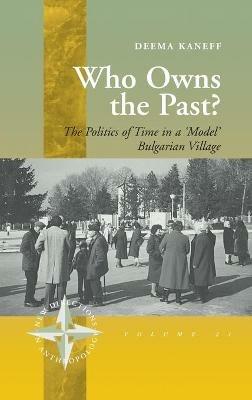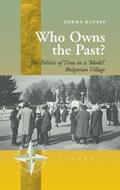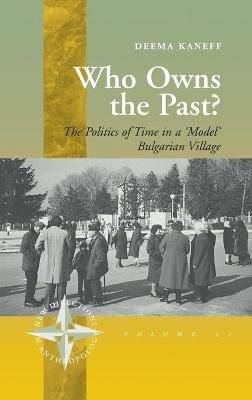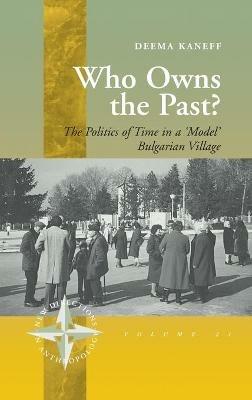Who Owns the Past?: The Politics of Time in a 'Model' Bulgarian Village
In the decades since the collapse of socialism in eastern Europe, time has been a central resource under negotiation. Focusing on a local community that was considered a "model" in the socialist period, the author explores a variety of state-sponsored and unofficial pasts - history, folklore, and tradition - and shows how they "fit" together in everyday life. During the socialist period, the past was a central dimension of local politics and village identity. Post-socialist development has demanded a revaluation of temporality - as well as public and private space. This has led to fundamental changes in social life and political relations, reduced local resources, threatened village identity and transformed political activity through the emergence of new political elites. While the full implications of this process are still being played out, this study underlines some of the fundamental processes prevalent across eastern Europe that help explain widespread ambiguity vis-B-vis post-socialist reform.
-
Autore:
-
Editore:
-
Collana:New Directions in Anthropology
-
Anno:2004
-
Rilegatura:Hardback
-
Pagine:240 p.
Le schede prodotto sono aggiornate in conformità al Regolamento UE 988/2023. Laddove ci fossero taluni dati non disponibili per ragioni indipendenti da Feltrinelli, vi informiamo che stiamo compiendo ogni ragionevole sforzo per inserirli. Vi invitiamo a controllare periodicamente il sito www.lafeltrinelli.it per eventuali novità e aggiornamenti.
Per le vendite di prodotti da terze parti, ciascun venditore si assume la piena e diretta responsabilità per la commercializzazione del prodotto e per la sua conformità al Regolamento UE 988/2023, nonché alle normative nazionali ed europee vigenti.
Per informazioni sulla sicurezza dei prodotti, contattare productsafety@feltrinelli.it



